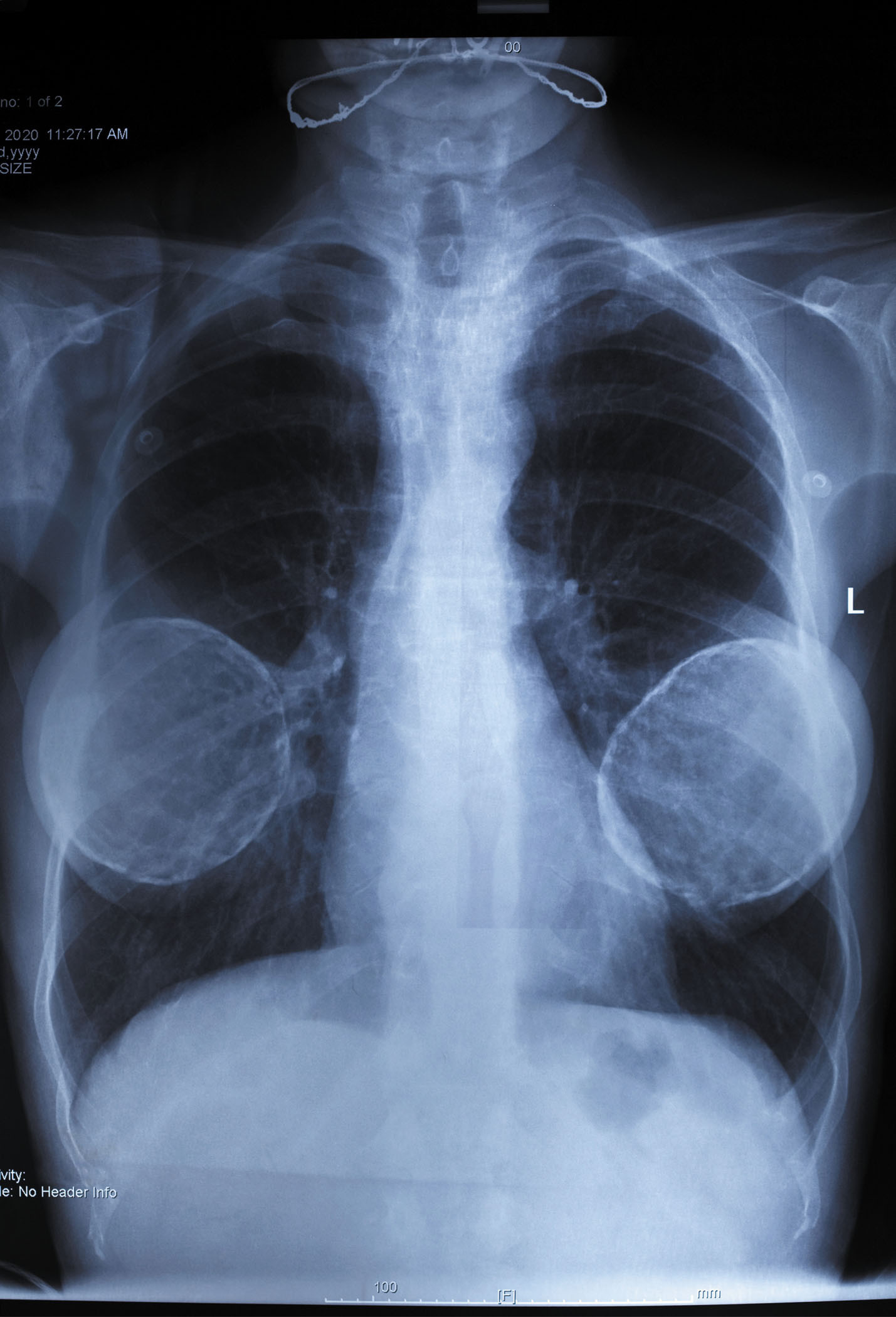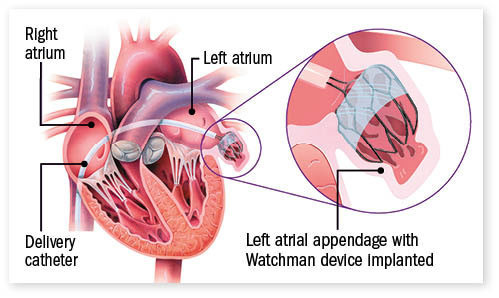
How — and why — to fit more fiber and fermented food into your meals

UTI in older women: Why postmenopausal women are susceptible to urinary tract infection, and what to do about it

Can a routine vaccine prevent dementia?

Some adults may need a measles booster shot. Who should get one and why?

Less butter, more plant oils, longer life?

Healthier planet, healthier people

Counting steps is good — is combining steps and heart rate better?

Appendix pain: Could it be appendicitis?

Can saw palmetto treat an enlarged prostate?

How does Ozempic work? Understanding GLP-1s for diabetes, weight loss, and beyond
Medical Devices & Technology Archive
Articles
Virtual reality for chronic pain relief
Virtual reality (VR) is being studied as a therapy for people with chronic pain. It immerses people in calming three-dimensional environments and uses principles of mindfulness, meditation, guided imagery, or cognitive behavioral therapy. It's believed to help reduce chronic pain by decreasing stress, anxiety, depression, and fear, which all contribute to pain. It could also be that VR and its many stimuli simply distract your brain from receiving pain signals. VR for pain reduction isn't widely available as of 2022.
FDA wants women to understand the risks and benefits related to breast implants
The FDA recently moved to help make certain that women considering breast implants have a clear picture of what implants involve before moving ahead with surgery. The agency announced a series of changes in October 2021. These include new labeling requirements for breast implant manufacturers, a requirement that facilities provide patients with a checklist outlining potential risks and benefits related to breast implants, and updated screening recommendations to detect leaks in silicone breast implants.
Can my phone and other devices interfere with my pacemaker?
Certain devices that use magnetic chargers may interfere with cardiac devices such as pacemakers. A doctor should advise people on which ones to avoid or to use caution when operating.
Low heart rate warnings via smart watch
When a smart watch alert suggests that person's heart rate is below 40 beats per minute, it could be an error, especially if no symptoms are present. But it could signal a heart problem called bradycardia that has many possible causes.
Experimental wireless pacemaker dissolves when no longer needed
Better blood sugar tracking: A benefit for heart health?
Stroke prevention in atrial fibrillation: Beyond anti-clotting drugs
Wearable devices may encourage enough exercise to prevent afib
Screening for atrial fibrillation: An update
Listen to your heart

How — and why — to fit more fiber and fermented food into your meals

UTI in older women: Why postmenopausal women are susceptible to urinary tract infection, and what to do about it

Can a routine vaccine prevent dementia?

Some adults may need a measles booster shot. Who should get one and why?

Less butter, more plant oils, longer life?

Healthier planet, healthier people

Counting steps is good — is combining steps and heart rate better?

Appendix pain: Could it be appendicitis?

Can saw palmetto treat an enlarged prostate?

How does Ozempic work? Understanding GLP-1s for diabetes, weight loss, and beyond
Free Healthbeat Signup
Get the latest in health news delivered to your inbox!
Sign Up











